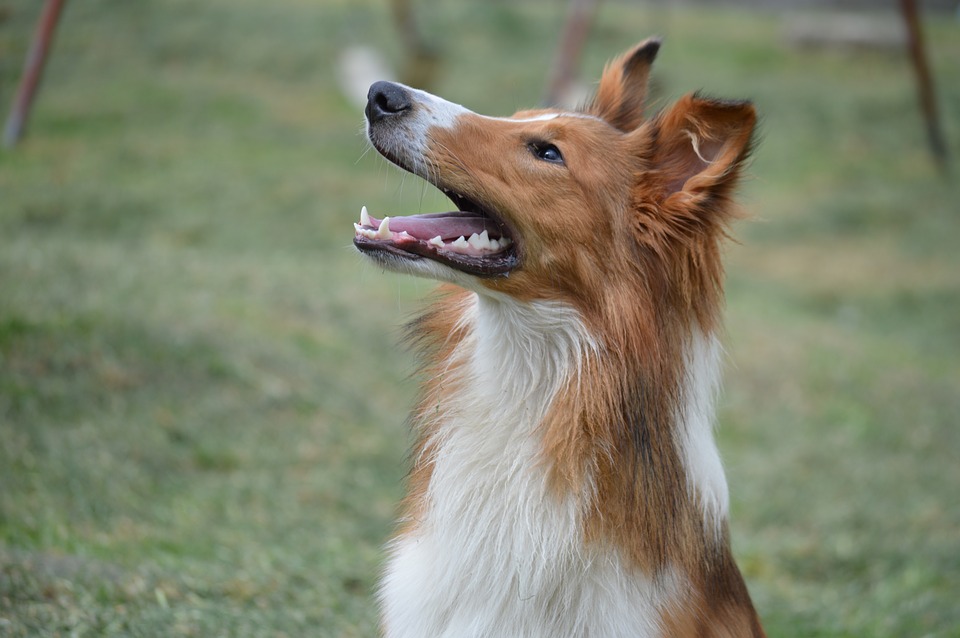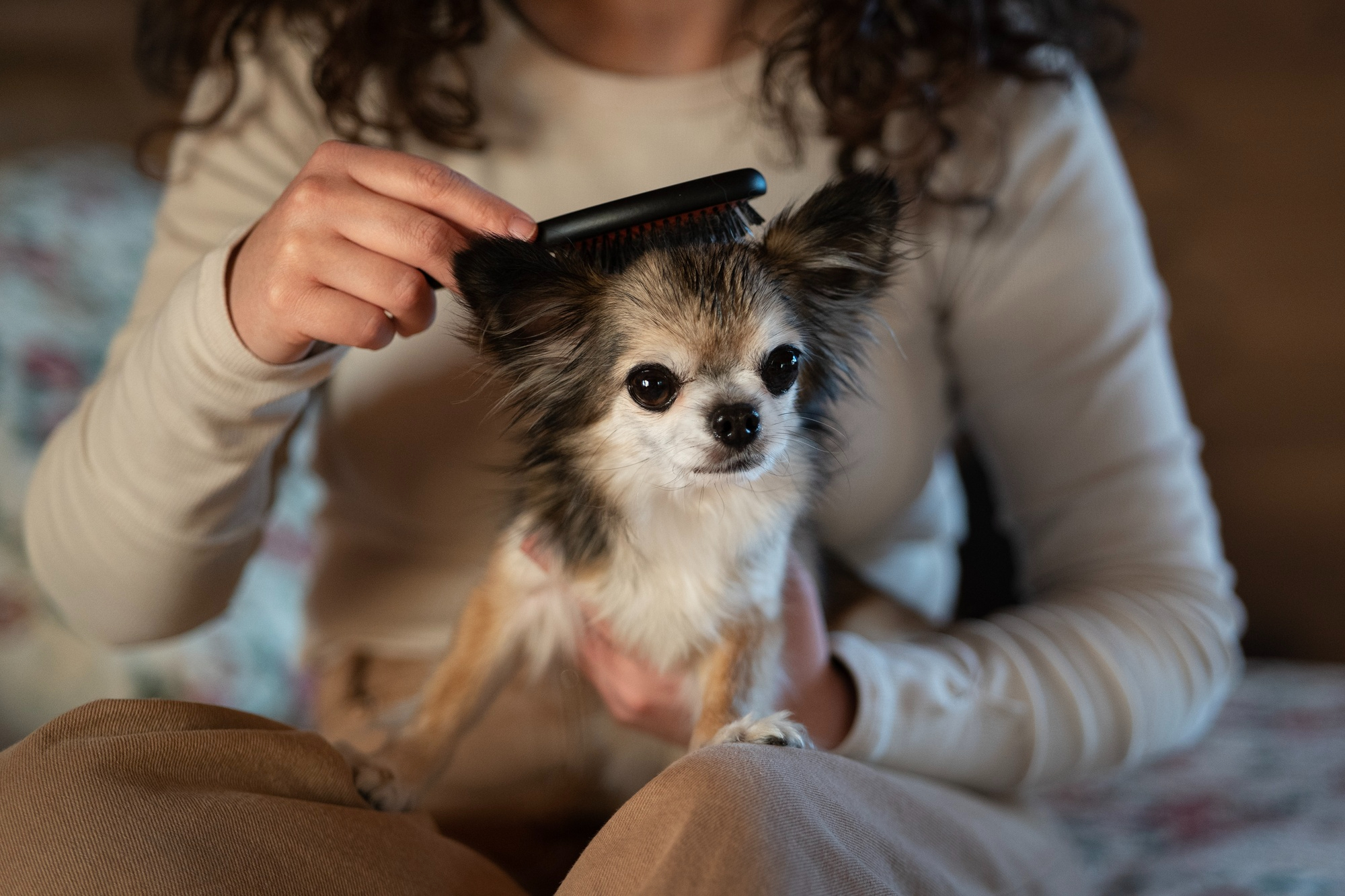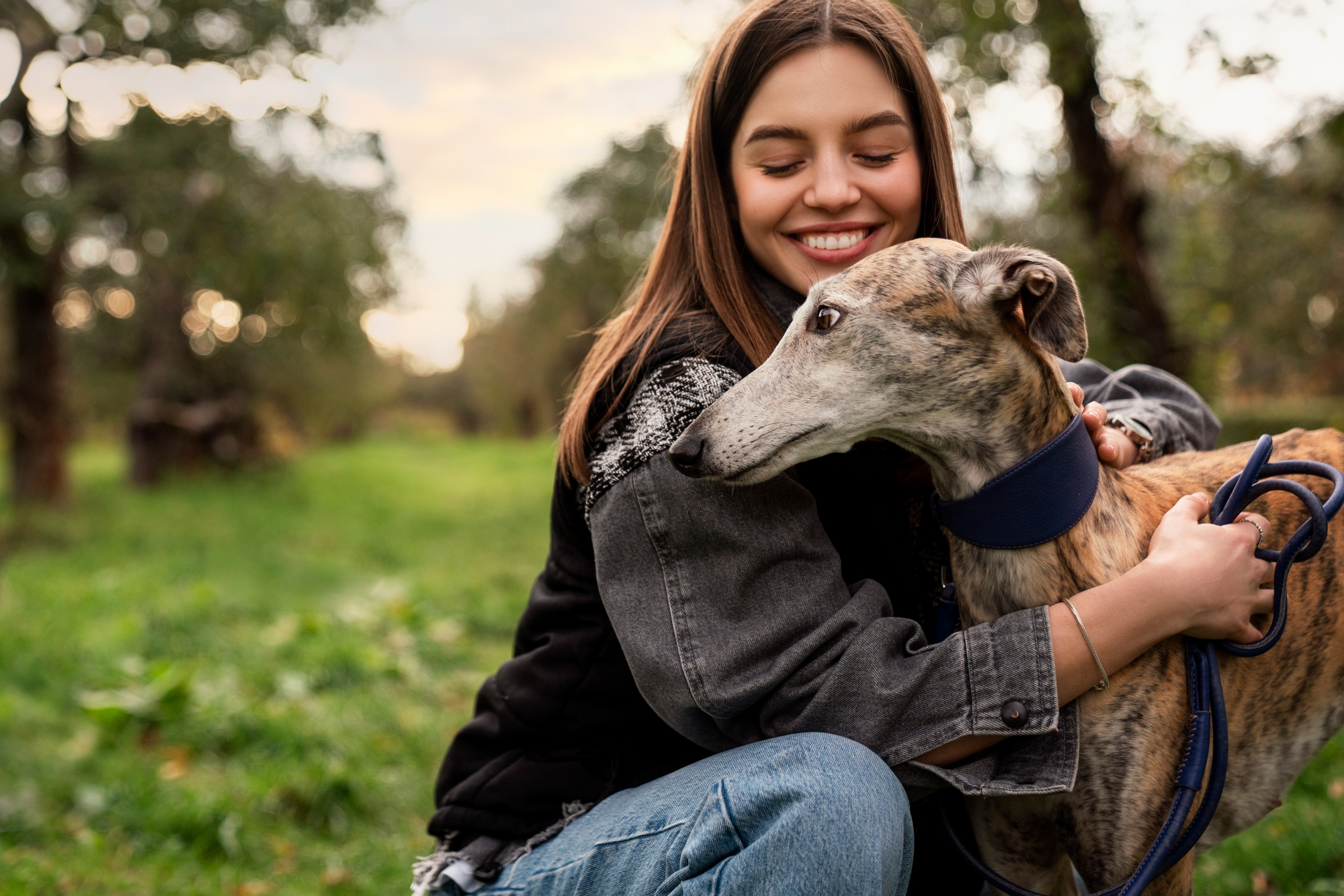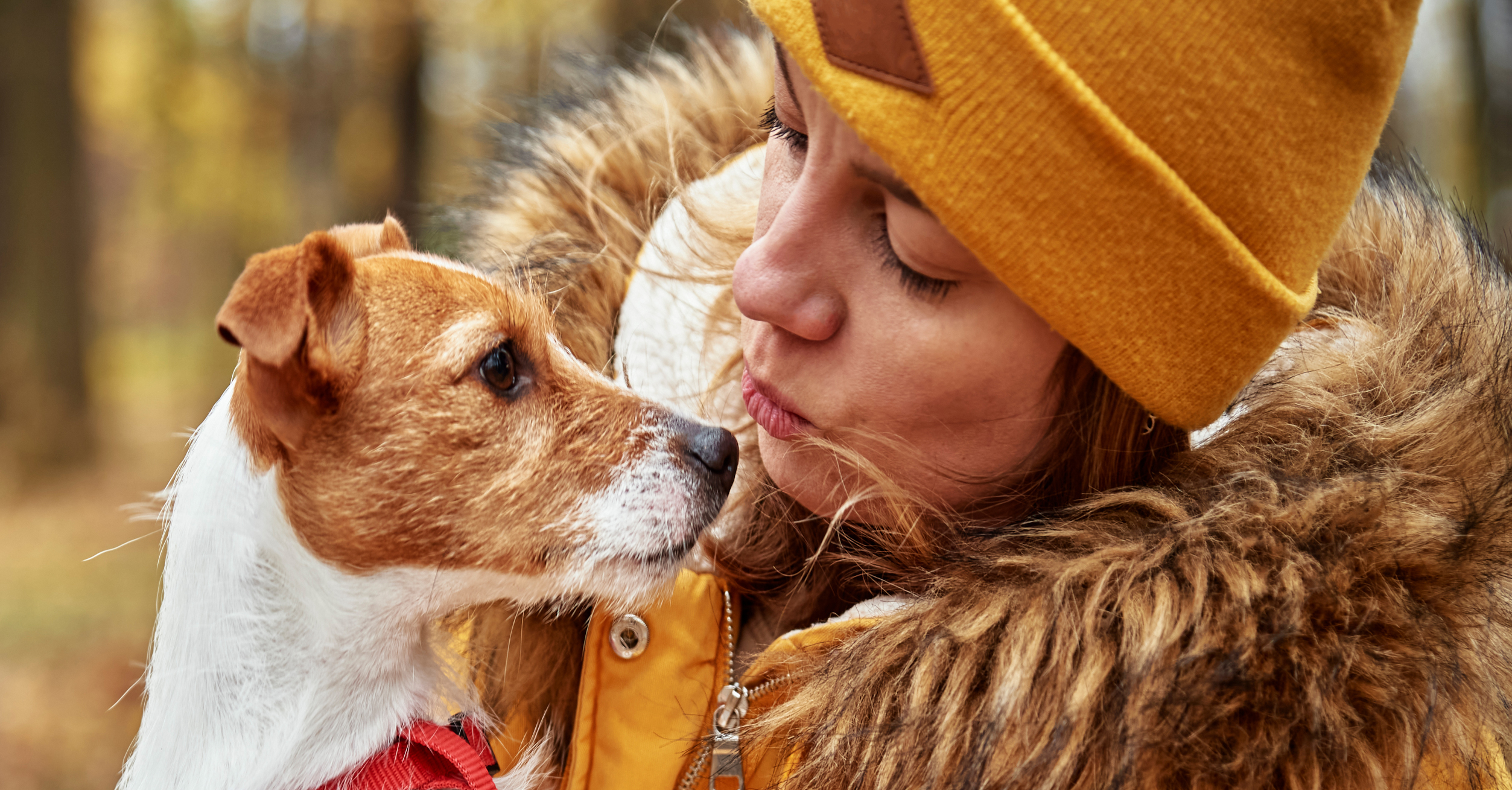Protect your pet’s oral health with dog dental care services to keep your dog’s gums and teeth healthy and pain-free. Some owners neglect this aspect of pet care because of their mistaken impression that animals don’t need the help of dentists since their teeth don’t require any special care. Not true.
Here’s Why Your Dog Needs Regular Dental Checkups
There are a number of oral problems that can cause discomfort, serious pain, trouble eating, or loss of teeth. You can’t keep your dog from suffering tooth trauma, but you can help prevent other serious mouth disorders and see that cavities and fractured teeth receive attention when they occur. Here are some of the problems that can cause your pet grief:
- Gingivitis – This inflammation of the gums is caused by the buildup of plaque, tartar, and bacteria above and below the gum line.
- Periodontal Disease – This painful gum infection can result in tooth pain, red swollen gums, bad breath and bleeding, and can cause teeth to loosen and fall out. As well, this infection can spread to other parts of the body, too.
- Mouth Tumors – Yes, they can occur in dogs, just as they can in humans. Tumors in the mouth appear as lumps on the gums and should be tested to make sure they are benign; otherwise, they must be removed.
- Bad Breath – Known medically as “halitosis,” this problem is usually caused by food that has been caught between the teeth and stays there long enough to decay and for bacteria to develop.
Watch for Signs That Your Dog Should Visit His Vet Dentist
As part of his annual checkup, your dog’s teeth will be examined and, along with evaluation of teeth during routine exams, advice on oral care specific to the pet is usually provided.
Aside from his regular visits, take him to the vet if you notice any of these worrisome symptoms:
- Bad Breath – As well as being caused by decaying food caught between the teeth, it also accompanies gingivitis and the much more serious periodontal disease—so don’t ignore it.
- Changes in the Gums – Watch for red, white, or swollen gums, or tumors in the mouth. These symptoms signal a problem of some kind that needs attention.
- Loss of Teeth or the Loosening of Teeth – There are a number of symptoms:
- bad breath
- gum inflammation
- excessive drooling, blood in his drool, blood on his bowl
- Change in Behavior – Your pet is signaling a problem if he begins favoring one side of his mouth by not chewing on it, or turning his face away when it is touched. He may start rubbing or pawing his face, and lose interest in his chew toys.
How You Can Help
Look into your pet’s mouth regularly, and brush his teeth daily if you can. If he won’t let you at first, massage his lips for a minute once or twice a day and gradually work up to it. There are special kits for dogs with appropriate sized toothbrushes and toothpaste designed for dogs—don’t use toothpaste designed for humans.
If you can’t bring yourself to perform this chore, make sure he has chew toys specifically designed to remove plaque. Chew treats are good options to the gold standard of regular teeth brushing for pets.
Routine dental cleaning / prophylaxis (ultrasonic scaling and polishing) is also recommended based on oral health assessed during annual exams – the frequency of these cleanings varies between breeds, individual pets and so on. This is best performed by veterinarians only in order to get under the gum line to help provide maximum benefits of a dental cleaning.
Make sure you are feeding your dog a good diet with nutrients that protect your pet’s bones and teeth. Ask your vet for a recommendation.
Protect your pet’s oral health with dog dental care services that keep your best friend happy and free from pain.
Creative Commons Attribution: Permission is granted to repost this article in its entirety with credit to Hastings Veterinary Hospital and a clickable link back to this page.
Image Credit: Pixabay






